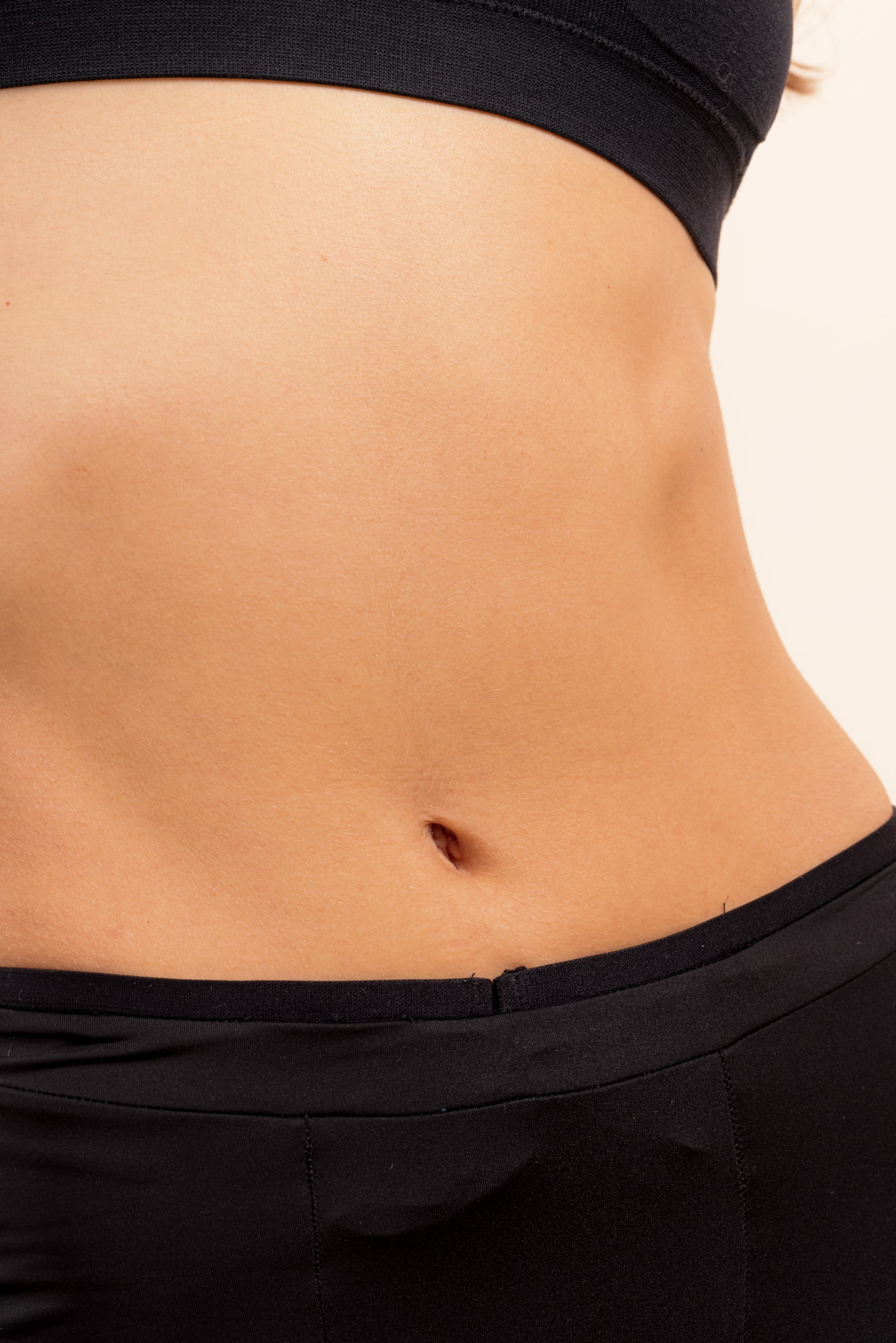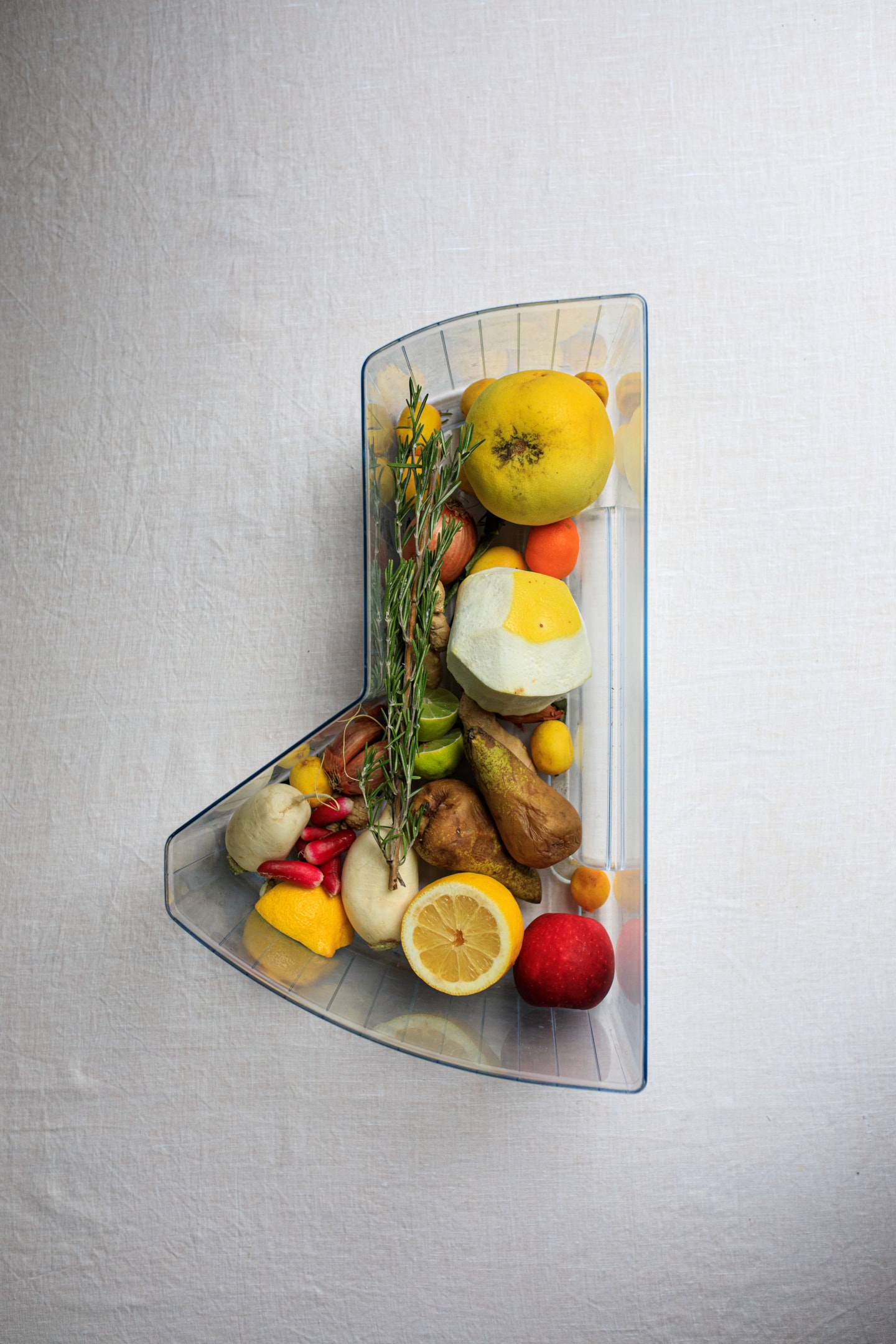Dietary fiber, often overlooked, is actually essential for a healthy and balanced diet. It is fundamental for the proper functioning of the digestive system, helps prevent various diseases and supports the maintenance of an optimal body weight. However, many people do not consume enough fiber each day. It is therefore important to redouble our efforts and choose foods rich in fiber to improve our health!
In short, our top 10 best foods rich in fiber:
-
Beans
-
Chickweights
-
Lentils
-
Oat bran
-
The lawyers
-
Pears
-
Raspberries
-
Artichokes
-
The green weights
-
Broccoli
How does fiber contribute to better digestion?

Dietary fiber falls into two broad categories: soluble and insoluble, each with a distinct role in digestion.
Difference between soluble and insoluble fiber
Soluble fiber: This dissolves in water to form a viscous gel in the digestive tract. It is found in foods such as oats, apples, citrus fruits, and legumes. Soluble fiber helps regulate blood sugar levels by slowing the absorption of carbohydrates and may help lower blood cholesterol levels.
Insoluble fiber: It does not dissolve in water and adds bulk to stools. Found in whole grains, vegetables, and nuts, insoluble fiber helps food pass through the digestive tract and prevents constipation by speeding up intestinal transit.
Role of fiber in the digestive system
Fiber is a real ally for our digestion! It plays a role in several ways to keep us in shape. First of all, it boosts intestinal transit: insoluble fiber increases the volume of stools and facilitates their passage through the colon, thus helping to avoid constipation. Then, it watches over our intestinal flora: soluble fiber ferments in the colon and feeds the good bacteria, which keeps our intestinal flora in good shape. It is also perfect for regulating appetite: by making us feel full more quickly and slowing down digestion, it helps control cravings. Finally, by consuming enough fiber, we reduce the risk of digestive diseases such as diverticulitis or irritable bowel syndrome. So, don't forget to add a variety of fibers to your diet for top digestion and better overall health!
The essentials: top 10 foods rich in fiber

It is essential to know the top 10 foods rich in fiber. These foods play a key role in the health of your digestive system and help prevent various problems, such as constipation and cardiovascular diseases.
Legumes
1. Beans
Loaded with both soluble and insoluble fiber, they're great for improving bowel movements. To incorporate them into your meals, consider adding them to salads, soups, or chili. For example, you can make a delicious black bean salad with corn, tomatoes, avocado, and a little apple cider vinegar for a touch of flavor. Incorporating them into slow-cooked dishes like chili con carne or curry will make them a nutritious and satisfying addition to your daily fiber intake.
2. Chickweights
A great source of protein and fiber, they lend themselves to many preparations. Try roasting them for a crunchy snack or blending them into hummus to accompany vegetables or pita bread.
3. Lentils
Rich in fiber and nutrients, they are ideal in soups or salads. A lentil soup with carrots and spices like cumin can be both comforting and nourishing.
Whole grains
4. Oat bran
High in soluble fiber, it helps lower cholesterol and improves digestion. Add it to your smoothies or cereal for a fiber boost in the morning. You can also incorporate it into muffins or pancakes for an even more nutritious option.
The fruits
5. Lawyers
Full of healthy fats and fiber, they pair well with toast, salads or even smoothies. An avocado toast with tomatoes and sesame seeds is both delicious and nutritious.
6. Pears
A great snack, they can be added to salads or eaten on their own. Try slicing them and mixing them with nuts for a healthy dessert.
7. Raspberries
Rich in fiber, they can be used in desserts, smoothies or simply eaten with yogurt.
Vegetables
8. Artichokes
One of the highest fiber vegetables, they are excellent for digestive health. Steamed, they are delicious with a vinaigrette. You can also add them to pasta dishes or salads.
9. Green weights
A source of protein and fiber, they add beautiful color and good nutrition to your dishes. Add them to risottos, soups or stir-fries for beautiful color and increased nutrition.
10. Broccoli
A superfood packed with fiber and vitamins, it supports the immune system and digestion. Roasted or sautéed, it is excellent in pasta dishes, quiches or even mashed as a side dish.
Nuts and seeds
These little wonders are full of fiber, protein and healthy fats, ideal for nutritious snacks that promote satiety and well-being.
Get cooking and make every meal a delicious step towards radiant health!
Integrate fiber into your diet to optimize digestion

Tips for Gradually Increasing Your Fiber Intake
Increase your fiber intake the fun way and with a touch of apple cider vinegar! To start, gradually incorporate a new high-fiber food into your diet each week. This can be a real culinary challenge that will delight your gut! Also aim to eat at least 5 portions of fruits and vegetables per day. It's true, it's not always easy! But we firmly believe that you can do it!
For snacks, stick to fiber-rich foods like nuts, seeds, or even dark chocolate. Yes, you heard that right! And don’t forget to add a little apple cider vinegar for a digestive boost, as it helps stimulate digestion and balance the digestive system. Apple cider vinegar benefits include improving digestion, regulating blood sugar, and aiding in weight loss.
Don't forget to drink plenty of water! It helps keep your fiber moving, much like a well-watered road to perfect transit. Finally, plan your meals to include fiber-rich foods to keep hunger at bay.
By following these tips, you will fill up! So, ready to enjoy life?
Combine hydration and fiber for healthy digestion
Healthy digestion relies on two essential pillars: hydration and fiber. By combining these elements with apple cider vinegar, you can effectively support your digestive system!
Hydration: Drinking enough water is essential when increasing your fiber intake. Water helps dietary fiber expand and function properly, promoting optimal bowel movements. Aim for at least 1.5 to 2 liters per day for better well-being.
Fiber: Incorporate fiber-rich foods into your daily diet. Options like kidney beans, dried fruits, and brown rice are great for reaching your satiety goals. In fact, fiber plays a key role in preventing constipation and promoting regular digestion.
Apple Cider Vinegar: Add apple cider vinegar to your routine! When to take apple cider vinegar ? A tablespoon in a glass of water before meals can stimulate digestion and balance the pH of your stomach. It can also help regulate blood sugar levels after meals, reducing the risk of blood sugar spikes. Apple cider vinegar can be a great ally for digestion, helping to regulate the pH of the stomach and promote better intestinal transit.
By combining hydration, fiber and cider vinegar, you promote healthy digestion and general well-being!
Additional Health Benefits of Fiber

Weight control and satiety
Fiber plays a fundamental role in weight control by promoting satiety. By slowing down digestion, it helps you feel full for longer, which can reduce snacking between meals. Foods rich in fiber, such as kidney beans, green vegetables and dried fruits, are ideal choices for achieving this goal. These foods are often among the top 10 foods to include in your diet. By increasing your fiber intake, you also support your digestive system and improve your intestinal transit.
Prevention of certain diseases
A diet rich in fiber is also associated with the prevention of various diseases. Soluble fiber, found in foods like oats and beans, helps lower blood cholesterol levels, thereby reducing the risk of cardiovascular disease. Consuming sufficient grams of fiber can really make a difference.
Additionally, adequate fiber intake improves blood sugar regulation. Fiber-rich foods slow the absorption of sugar, which helps prevent spikes in blood sugar after meals. Fiber also promotes healthy bowel movements, reducing the risk of constipation and other digestive issues. By nourishing the gut microbiota, it contributes to the overall health of the digestive system and improves stool quality. Good digestion plays a crucial role in blood sugar regulation , as a healthy digestive system helps absorb nutrients more efficiently.
By facilitating satiety and helping regulate appetite, fiber can be a valuable ally in weight management. Foods richer in fiber, such as whole-grain bread and brown rice, can help reduce the risk of obesity and related diseases.
In short, fiber not only promotes satiety and weight control, it also plays a vital role in preventing serious diseases. By incorporating a variety of fiber-rich foods into your daily diet, you’re investing in your long-term health. Think vegetables, fruits, and even a small square of dark chocolate every now and then! Remember: every bite counts, and by choosing fiber-rich foods, you’re one step closer to living a healthier, more fulfilling life!
FAQ
What food contains the most fiber?
The food that contains the most fiber is often considered to be beans, especially black beans and kidney beans, which can contain up to 15 grams of fiber per cooked cup. They are an excellent source of fiber and also provide protein and nutrients.
What are the best fibers for the intestines?
Beans are some of the best fibers for gut health. They contain both soluble and insoluble fiber, which helps promote good digestive health while providing protein and essential nutrients. Black beans and lentils, in particular, are very beneficial!
How to consume 30g of fiber per day?
To get to 30g of fiber per day, here's our recommendation! For a high-fiber breakfast, make 1 cup of cooked oatmeal, which gives you about 4g of fiber. Add 1 cup of raspberries (about 8g of fiber) or 1 medium banana (about 3g of fiber). That'll give you about 12g of fiber to start your day.
For a morning snack, have 30g of almonds, which will give you about 3-4g of fiber.
For lunch, make a lentil salad (1 cup, about 15g fiber) and add vegetables like carrots or cucumbers (about 2-3g fiber).
For an afternoon snack, a plain yogurt with chia or flax seeds will provide you with about 1-2g of fiber.
For dinner, eat 1 cup of quinoa or brown rice (about 5 g of fiber) and serve it with cooked or roasted vegetables such as broccoli or artichokes (about 4 g of fiber).
With these meals and snacks, you can easily reach or exceed 30g of fiber. Remember to drink enough water throughout the day to help digest the fiber.
Which fruit has the most fiber?
The fruit that typically contains the most fiber is raspberries, with about 8 grams of fiber per cup. Other high-fiber fruits include pears (especially with the skin), apples, and bananas. Dried fruits, such as figs and prunes, are also very high in fiber.




















